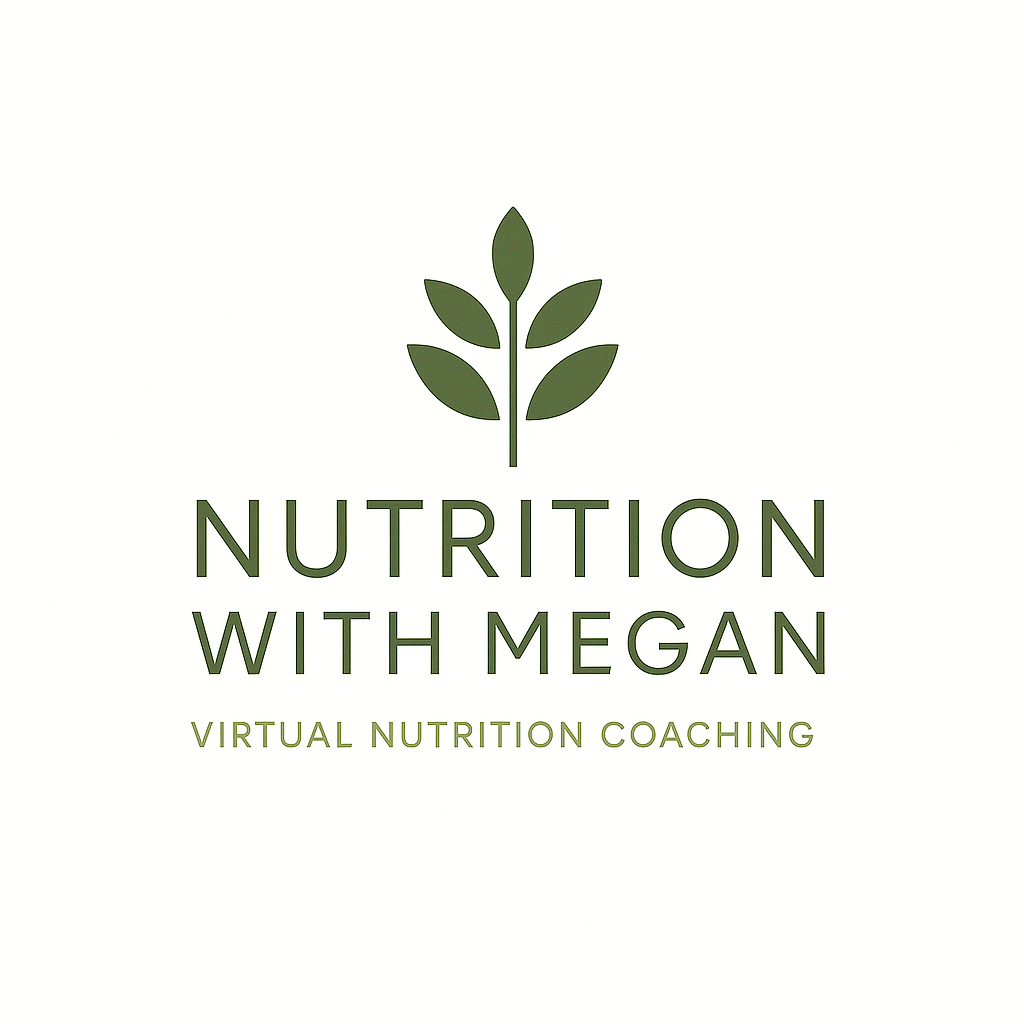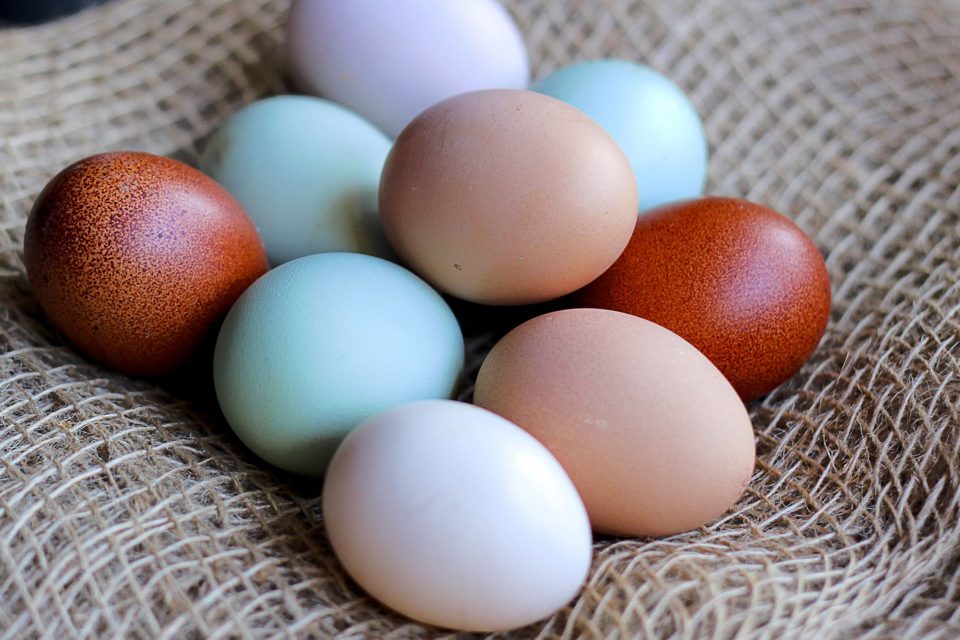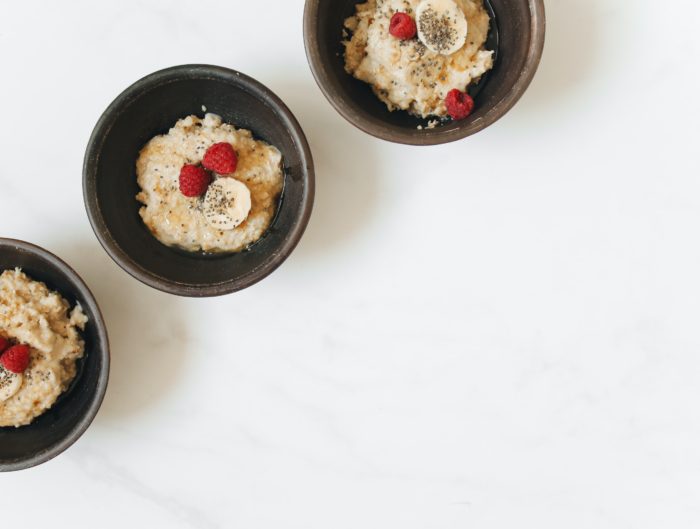When it comes to your pregnancy, or your future pregnancy, there are a lot of opinions out there about what you should be doing now and in the future. I’m not here to give you another long list of foods you should be eating to have the “perfect” pregnancy. My goal today is to give you 3 nutrients to consider outside of your standard prenatal vitamin you were likely recommended. This post is also Part 3 of the Gestational Diabetes Series, which is why I include some important information about how these nutrients impact blood sugar control during pregnancy.
1. Choline
Choline is a mineral that fails to generate the attention it deserves when we start talking about your baby’s brain health and development. That’s usually a spotlight reserved for Folate. However, choline is found in a variety of nutrient dense foods and plays an important role in brain and nervous system development and lipid metabolism.
“Choline plays a critical role in brain development in the fetus and in infants, especially in the development of the hippocampus and basal forebrain, known to regulate memory. Choline also acts like folate in preventing neural tube defects in fetal development.”
The Choline Council, 2018
It is estimated that 90% of the population over the age of 2 are deficient in choline, so this is an especially important nutrient for pregnant and lactating women.1 During pregnancy, your body automatically prioritizes the health of your baby over your own, so your baby will likely be getting enough choline but you might not be.
Choline can be made by the body through a process called “methylation”. This is simply a metabolic pathway in the body that attaches carbon and hydrogen onto other molecules, thus transforming them into new molecules. This is the primary way your body makes choline, as our typical diet and prenatal vitamins often fail to meet our needs.
Below are the recommendations for adequate intake for choline throughout adulthood:
Males 14+ years: 550 mg/day
*yes I know this is a pregnancy post but you guys are important too!*
Females
14-18 years: 400 mg/day
19+ years: 425 mg/day
Pregnancy: 450 mg/day
Lactation: 550 mg/day
So how do we get enough Choline in our diet? Here is a chart to help you identify how much choline you are currently getting in your diet²:
Choline-Rich Foods |
|
| Food Source | Choline Content (mg) |
| 3 oz. beef, turkey or chicken liver | ~360 |
| 1 egg (soft or runny yolk is ideal) | ~125 |
| ½ cup roasted edamame/soybeans | ~100 |
| 3 oz. grass-fed beef | ~85 |
| 3 oz. chicken or turkey | ~70 |
| 3 oz. Atlantic cod or salmon | ~70 |
| ½ cup cooked shiitake mushrooms | ~60 |
| 1 large red baked potato | ~60 |
| 2 Tbsp wheat germ | ~50 |
| ½ cup cooked kidney beans | ~50 |
| ½ cup roasted pistachios | ~40 |
| 1 cup cooked quinoa | ~40 |
| 1 cup cow or goat milk | ~40 |
Click here to see a Choline-Focused meal plan for pregnancy from VitaCholine.com.
2. Omega-3 Fats and Fish Oil
Omega-3 and fish oil supplements have become popular with improving cardiovascular and brain health. You may have also heard the terms “EPA”, “DHA” and “ALA” thrown around a lot too. I will not talk much about EPA (eicosapentaenoic acid) in this post because it is more closely associated with heart health, immunity, and inflammation. All of which are important topics I will cover in the future..
Here is the difference between DHA and ALA: DHA (docosahexaenoic acid) and ALA (alpha-linoleic acid) are both types of Omega-3 fats, but DHA is the form that our body can use for our brain, eyes, and nervous system.
While many nutritious foods provide us with ALA (flax/chia/hemp seeds, nuts, and beans for example), this ALA must be converted to DHA for our bodies to use. However, this conversion rate is poor (estimated at around 3.8%). The reason behind this is rather simple! In order to convert ALA into DHA, our body must have adequate sources of niacin, B6, magnesium, and zinc (nutrients that are sometimes difficult to get from food). In addition, having higher levels of Omega-6 fatty acids can inhibit this process, and these are often found in high-inflammatory vegetable oil, a typical substance in the American diet.³
I always recommend a food first approach to getting all the nutrition our body needs.
Some of the best sources of DHA are found in:
-
Salmon
-
Herring
-
Sardines
-
Eggs from pastured chickens
-
Fatty meats from pastured animals
-
Liver
-
Dairy from pastured animals
Ideally pregnant women need 300 mg of DHA per day. Ever hear the recommendation to consume fatty fish at least 2 times per week? Here’s why: 3 oz of wild Alaskan salmon contains 1200 mg of DHA!
So instead of taking a fish oil supplement (I’ll pass on the fish burps thank you…), enjoy salmon or other fatty fish 2 times per week in addition to meats, eggs, and dairy from pastured animals.
I say pastured animals because when animals such as cows and chickens are fed a diet the way nature intended (grass, bugs, seeds, etc), the meat, eggs, and milk from that animal will be more nutritious as well. This is great news for women with Gestational Diabetes, as most of these foods are high in protein and healthy fats but low in carbohydrates.
For example: Pastured chicken eggs have 2.5 times higher amounts of Omega-3 fats compared to conventionally raised chicken. Be sure to take a look at your egg yolks when you purchase pastured or free-range eggs. The best way to tell if you truly tell if you have purchased pastured eggs is by the color. Yolks should be more of a dark orange color instead of the usual bright yellow color.
As an added bonus, DHA works synergistically with choline to enhance the use of both nutrients in our body.3 All the more reason to include some eggs in your diet a few times a week, but remember, use the whole egg! That yolk is there for a reason. As my husband says, “The baby bird is the good part!”
Easy enough, right? If you’re not a lover of eggs or fish you’re probably thinking “Heck no!” In this case, go ahead and start a fish oil, cod liver oil, krill oil, or algae oil (vegan) supplement to help get your Omega-3’s. I like to research supplements ahead of time using Labdoor.com for extra quality and purity testing.
3. Magnesium
Magnesium is probably one of the most underappreciated minerals that our body uses. With the body using magnesium in over 300 different ways and an estimate of 48% of Americans showing magnesium deficiency, you would think it would become an important topic!4 Current research is linking magnesium deficiency to high blood sugars, insomnia, muscle cramps, and even depression and anxiety.
Like most vitamins and minerals, your needs increase during pregnancy and can therefore put you at higher risk for deficiency. This is especially important for women diagnosed with Gestational Diabetes due to magnesium’s role in blood sugar regulation, and as some studies suggest, a role in preventing Type 2 Diabetes.5 As an added bonus, some pregnant women report less morning sickness after magnesium supplementation!
Below are the top food sources of magnesium, but if you find that you cannot get enough from your diet, you may need to supplement. It’s recommended to start with 100 mg and slowly increase up to 300 mg to prevent diarrhea. The most readily absorbed form is magnesium glycinate and magnesium citrate. You can also absorb magnesium through your skin by taking a bath or foot soak with Epsom salts (Dr. Teals is my absolute favorite!!).
Here are your best food sources of magnesium:
-
Dark leafy green vegetables
-
Pumpkins seeds
-
Brazil nuts
-
Sunflower seeds
-
Almonds
-
Cashews
-
Chia seeds
-
Avocados
-
Bone broth
I hope this post gave you some new ideas for foods to incorporate into your diet whether you’re female, male, pregnant, or non-pregnant! While these are important nutrients to consider during pregnancy, they also happen to be lacking in most people’s diets in general.
Let me know in the comments below if you would like to see more condition-specific nutrient lists!
Don’t forget to check out Parts 1 and 2 of my Gestational Diabetes Series.
Follow me on social media and never miss a new post!
This post contains affiliate links, which means I receive a percentage of the sale if you use the link to make your purchase. This will not change the price of the product, but your support will help directly offsets the cost of web hosting and maintenance and is greatly appreciated!
References
1 Wallace TC, Fulgoni VL. “Assessment of Total Choline Intakes in the United States”. Journal of the American College of Nutrition. 2016.
2 https://blog.131method.com/nutrient-spotlight-choline/
3 West, Allyson A et al. “Choline intake influences phosphatidylcholine DHA enrichment in nonpregnant women but not in pregnant women in the third trimester.” The American Journal of Clinical Nutrition 97.4 (2013): 718-727.
4 Rosanoff, Andrea, Connie M Weaver, and Robert K Rude. “Suboptimal magnesium status in the United States: are the healthy consequences underestimated?” Nutrition Reviews 70.3 (2012): 153-164.
5 Song, Yiqing et al. “Dietary magnesium intake in relation to plasma insulin levels and risk of type 2 diabetes in women.” Diabetes Care 27.1 (2004): 59-65.





Leave A Reply